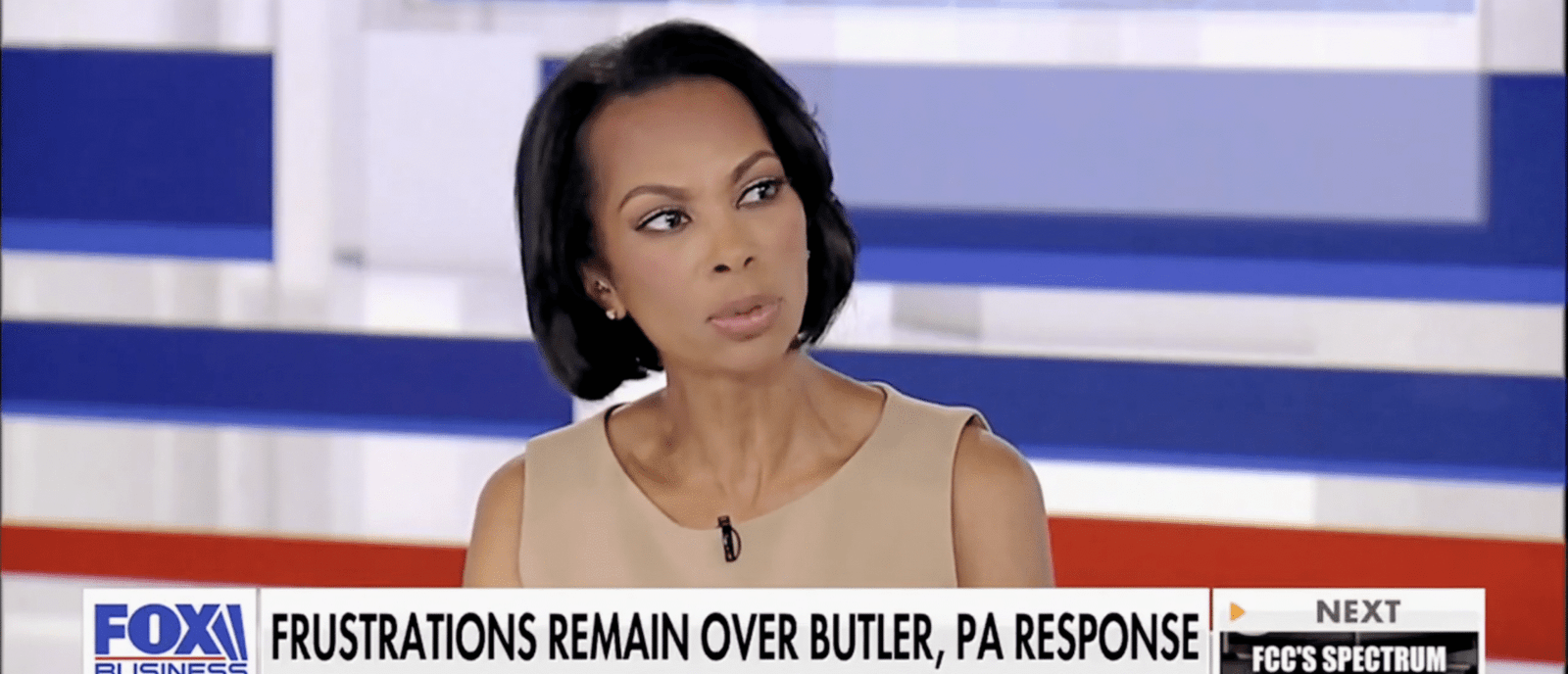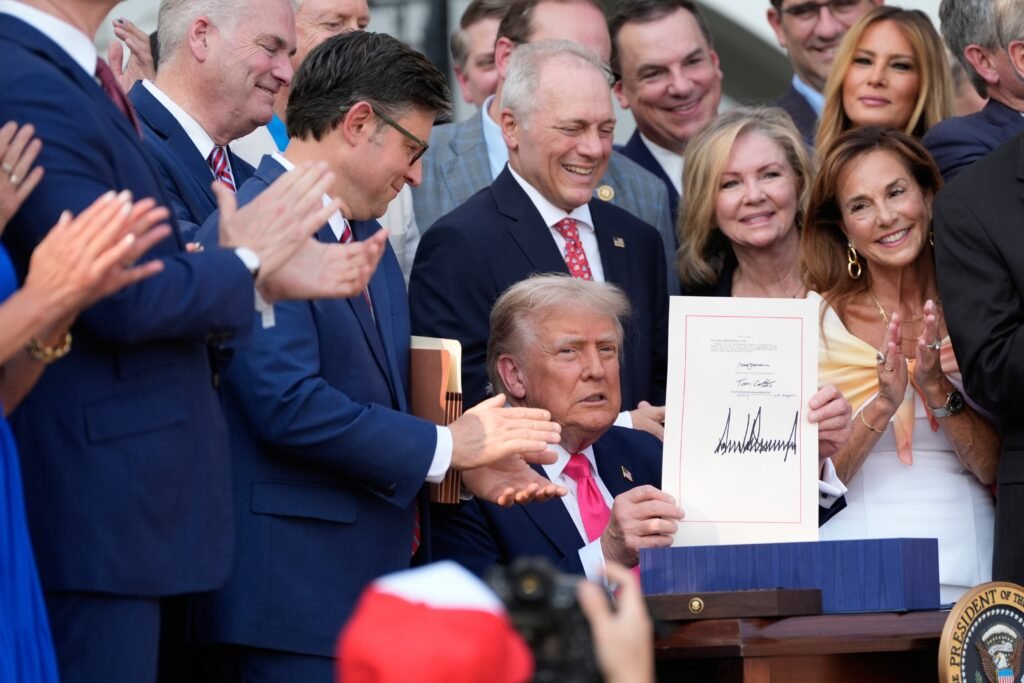In a surprising shift, a university that previously supported biological men competing in women’s sports is now backing away from that stance due to potential repercussions from the Trump administration regarding federal funding.
Historically, some universities allowed men to participate in women’s athletics under the banner of diversity, equity, and inclusion (DEI). However, this has sparked debates about fairness and safety, particularly as these athletes garnered accolades in women’s competitions.
As public discontent rose, many institutions doubled down on these controversial policies. But, in recent months, a notable change has occurred. The university, which had once defended this inclusion, is now reconsidering its position due to pressure from the administration.
A key example of this is the University of Pennsylvania (UPENN). At the request of the Department of Education, the university is now agreeing to prohibit biological men from competing in women’s sports. This was prompted by the controversy surrounding trans athlete Lia Thomas, who competed on the women’s swimming team and attracted significant attention for her achievements.
After defending its policies during Thomas’s successes, UPENN is now singing a different tune. Under the new agreement, the university will comply with Title IX regulations, restore titles won by women that were awarded to men, and publicly commit to upholding these regulations moving forward.
The Ivy League, defending Lia Thomas in the past, has also been part of this evolving narrative. They affirmed their commitment to inclusivity, but after the new agreements, there wasn’t any response regarding possible changes to their stance on men competing in women’s sports.
In a recent move, both Harvard University and Columbia University have re-evaluated their policies after the Trump administration’s orders to limit male participation in women’s athletics. Previously, both institutions had committed to being inclusive, but they rapidly altered course once federal funding was at stake.
This realignment begs the question: were these universities genuinely advocating for inclusion, or were they prioritizing federal funds over principles? It seems their actions suggest a strong preference for maintaining financial support.
The NCAA has also made a significant policy update, restricting women’s sports to athletes assigned female at birth, reflecting a broader shift in response to these pressures. The outcome of this ongoing debate around women’s sports has been complex and lengthy, but it appears that common sense is starting to take hold.
Ultimately, it has required a government willing to hold universities to their commitments for substantial changes to occur.
















